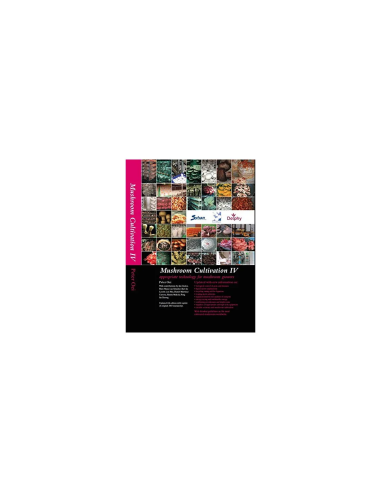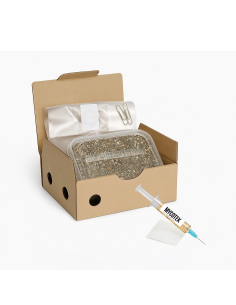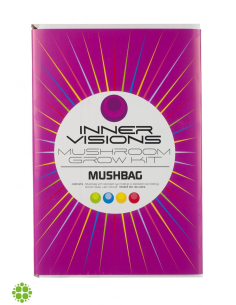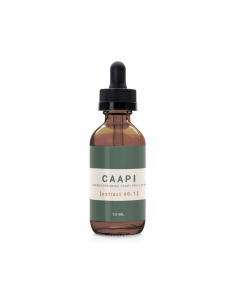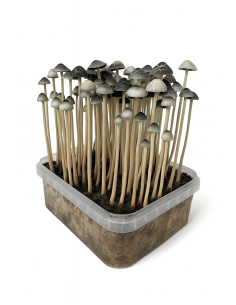Mushroom Cultivation 4th Edition - Peter Oei
📘 Mushroom Cultivation 4th Edition by Peter Oei
⭐ Comprehensive guide to growing mushrooms at home and on the farm
Practical methods, cultivation systems, and proven workflows
🔗 Category: Books and Guides
📚 Your Complete Mushrooms Cultivation Handbook
Mushroom Cultivation 4th Edition by Peter Oei brings together practical knowledge for every stage of the growing process. From spawn and substrates to climate management and hygiene, this edition provides clear explanations and step by step instructions that help you design, run, and improve your cultivation setup.
📖 Inside the Book
- Biology and growth of mushrooms
- Substrate preparation and recipes for common species
- Spawn production and inoculation methods
- Incubation, fruiting conditions, and climate control
- Hygiene, contamination control, and quality assurance
- Layouts for home, small farm, and commercial facilities
- Harvest, grading, cold chain, and basic business topics
✨ Why Growers Choose This Guide
- Clear diagrams and tables for quick application
- Actionable methods that scale from hobby to pro
- Covers oysters, shiitake, button, and more
- Reliable reference for troubleshooting and optimization
👥 Best For
- Beginners who want a structured learning path
- Hobby growers upgrading to consistent yields
- Planners of small farms and urban cultivation rooms
- Educators and trainers in applied mycology
📈 SEO Focus
Essential mushrooms cultivation guide for growers who want proven techniques in substrates, spawn, climate control, and contamination management. A dependable book for anyone serious about learning how to grow mushrooms with confidence.
